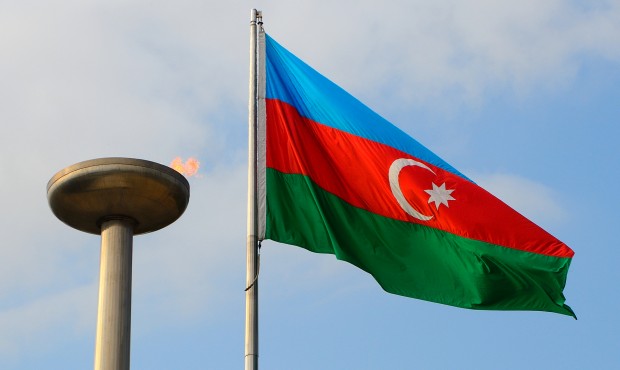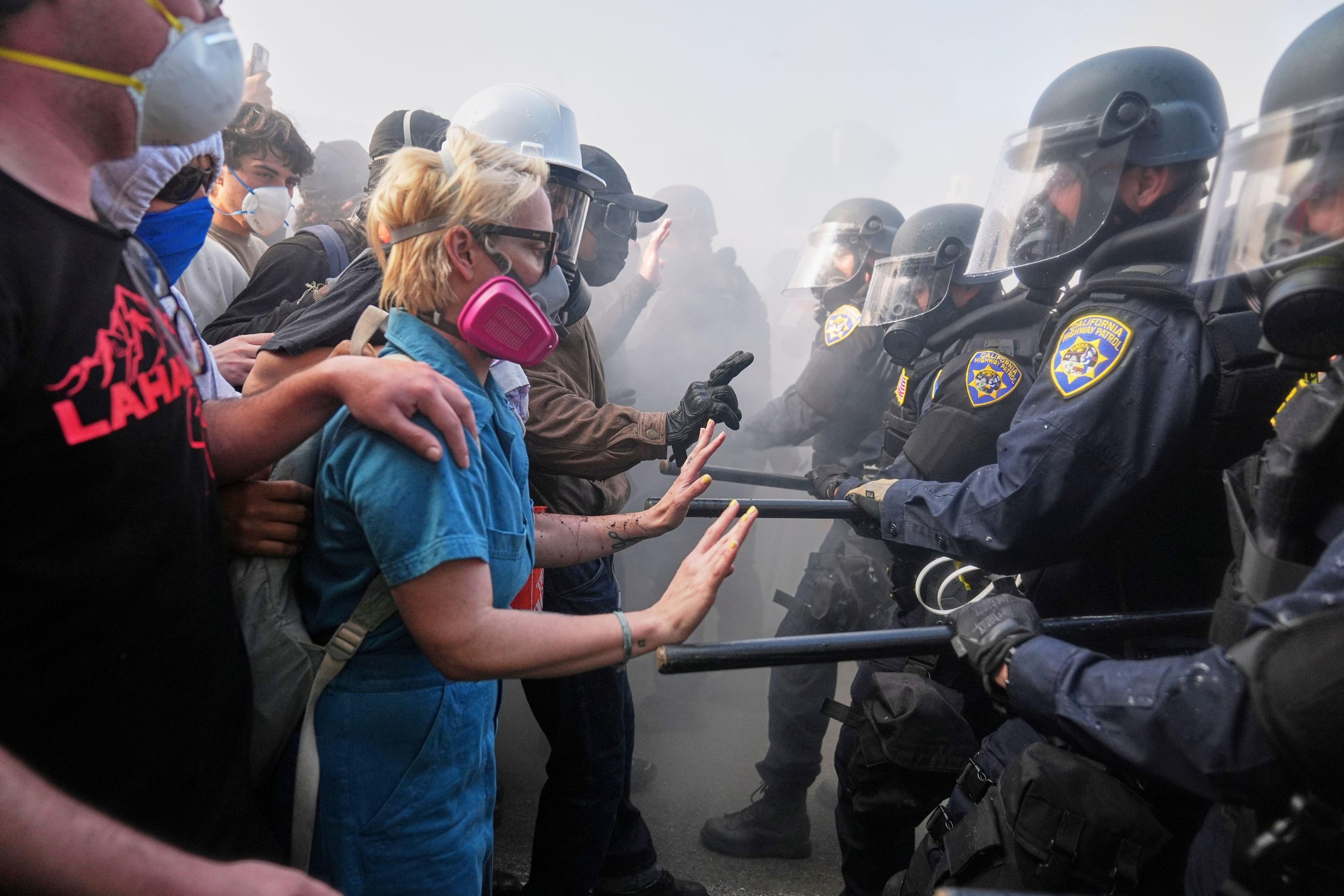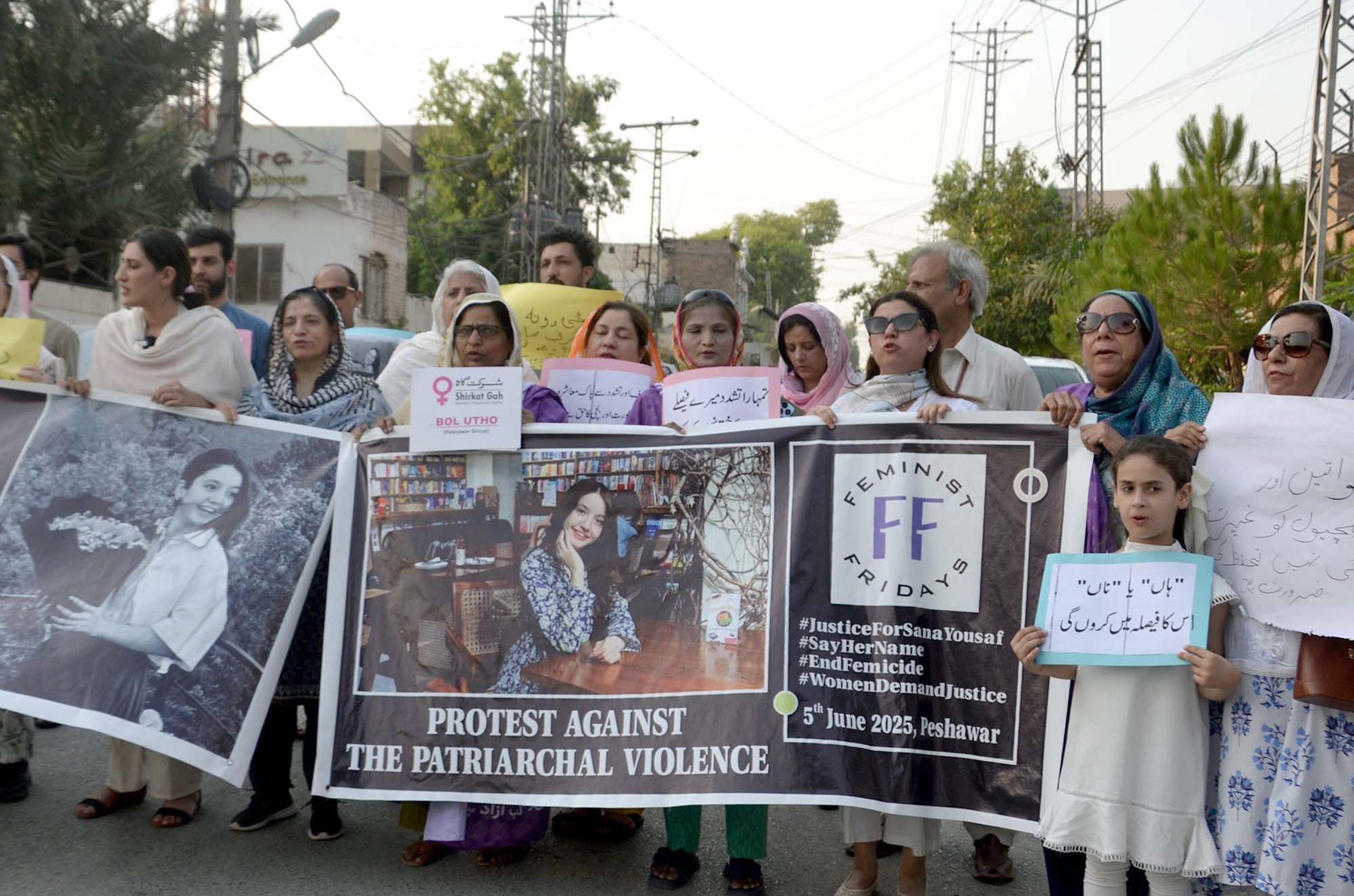[vc_row][vc_column][vc_column_text]
The government of Azerbaijan is waging a war on independent journalism within the country.
“This has been the case for years now,” says Arzu Geybulla, Index on Censorship’s Mapping Media Freedom correspondent for Azerbaijan. “Most of the journalists, editors, bloggers who are behind bars are there on bogus charges of hooliganism, tax evasion, slander, abuse of power, illegal entrepreneurship.”
The government has recently taken two of its cases internationally for the first time. This may change the way international reporters critical of Azerbaijan’s government cover the country in their own media.
Thorbjørn Jagland, the secretary general of the Council of Europe, has called on the authorities in the country “to respect the spirit of the country’s cooperation with the Council of Europe and to fully abide by its commitments under the European Convention on Human Rights in order to avoid yet another case of unjust deprivation of liberty which has no place in a democratic society”.
Here are some of the new cases and developments in the past month where Azerbaijani officials target the media domestically and abroad.
Azerbaijan: Regional reporter sentenced to three years in jail for hooliganism
10 September, 2017 ‒ The regional reporter for opposition Azadliq newspaper Ziya Asadli was given a three-year sentence by a Bilasuvar region court after being charged with hooliganism.
In April 2017 Asadli reported that he was approached and pressured by police after reporting on local protests. After publishing these pieces, authorities accused Asadli of engaging in hooliganism at a local tea house.
During the incident at the tea house, he notified the police and learned that there was a complaint against him. He is denying these accusations, explaining that it was he who was attacked.
Azadliq Radio is the Azerbaijani service for Radio Free Europe/Radio Liberty.
Azerbaijan/France: Azerbaijan government sues two French journalists for defamation
5 September, 2017 ‒ French journalists Elise Lucet and Laurent Richard are being sued for defamation by the government of Azerbaijan. The two journalists are facing these charges after describing Azerbaijan as a dictatorship.
“This is the first time our government has engaged in an action of this kind and while it is hard to make any concrete projections, I suspect this may set the tone for future international reporters critical of the authorities and the language they use,” Geybulla said. “Clearly the authorities in Baku are very sensitive to the kind of language used describing them in international coverage.
A French court will make a ruling on 7 November 2017.[/vc_column_text][/vc_column][/vc_row][vc_row][vc_column][vc_separator][vc_custom_heading text=”Media freedom is under threat worldwide. Journalists are threatened, jailed and even killed simply for doing their job.” font_container=”tag:h3|text_align:left” use_theme_fonts=”yes” link=”url:https%3A%2F%2Fwww.indexoncensorship.org%2Fcampaigns%2Fpress-regulation%2F|||”][vc_row_inner][vc_column_inner width=”1/2″][vc_column_text]Index on Censorship monitors media freedom in Azerbaijan and 41 other European area nations.
As of 21/9/2017, there were 70 verified violations of press freedom associated with Azerbaijan in the Mapping Media Freedom database.[/vc_column_text][/vc_column_inner][vc_column_inner width=”1/2″][vc_column_text]Index on Censorship campaigns against laws that stifle journalists’ work. We also publish an award-winning magazine featuring work by and about censored journalists. Support our work today.[/vc_column_text][/vc_column_inner][/vc_row_inner][vc_separator][/vc_column][/vc_row][vc_row][vc_column][vc_column_text]
Belarus/Azerbaijan: Russian blogger set to extradited to Azerbaijan ‒ UPDATE
11 September, 2017 ‒ Russian-Israeli blogger Alexander Lapshin was released by authorities following a pardon for Azerbaijan President Aliyev.
Lapshin is a Moscow-based writer of a Russian-language travel blog and was wanted in Azerbaijan both for visiting the disputed region of Nagorno-Karabakh and for criticising Azerbaijani policies.
On 15 December 2016, Lapshin was detained in Minsk on an extradition request from Azerbaijan.
On 20 January 2017, the General Prosecutor’s Office of Belarus ruled to extradite Lapshin. One week later, his lawyer made an appeal to the Higher Court of Belarus. If extradited, the criminal case filed in Azerbaijan, if convicted, can lead to a prison sentence from five to eight years.
According to the Azadliq Radio, Lapshin attempted to commit suicide a day before his pardon fearing the extension of his extradition case. The pardoning means that his three-year sentence was commuted by the authorities.
Lapshin holds Russian, Ukrainian and Israeli citizenship, and will instead be extradited back to Israel.
Azerbaijan: Director of independent Turan news agency arrested ‒ UPDATE
11 September, 2017 ‒ A court has freed Mehman Aliyev, the director of independent news agency Turan, from pretrial detention and has now been placed under a conditional release.
On 24 August 2017 Aliyev was detained by Azerbaijani authorities on tax evasion charges. It was reported by Azadliq Radio that the next day he was sentenced to three months in pretrial detention. It was also reported that Aliyev was questioned for eight hours the day before his detention.
Aliyev has also been charged with carrying out “illegal entrepreneurship activities” which carries with it at least seven years sentence. He now faces three charges in total.
“The Council of Europe is working closely with the authorities in Azerbaijan on reforms intended to soften the punishment system and avoid unnecessarily harsh sentences and detentions whenever possible – for instance, in cases when the person who is detained does not threaten the security of the state or its citizens,” announced Secretary General of the Council of Europe Thorbjørn Jagland the day after the arrest. “These changes are a part of a presidential initiative that Azerbaijani officials recently reported to the Committee of Ministers as being on the point of adoption.”
Aliyev’s news agency Turan announced that it will be suspending its work temporarily. The tax probe launched against the agency resulted in the closing of its bank accounts, which has led to its forced temporary closure. On 15 September 2017 the official tax evasion charges were dropped, but the company’s bank accounts remain frozen.
The conditional release states that Aliyev is responsible for checking in regularly to the police and notifying them if he leaves the city of Baku.
In an interview with Azadliq Radio, Aliyev’s lawyer Fuad Agayev stated that there has been no changes to the charges brought against his client.[/vc_column_text][/vc_column][/vc_row][vc_row][vc_column][vc_basic_grid post_type=”post” max_items=”4″ element_width=”6″ grid_id=”vc_gid:1506001163566-c20aafba-9c85-8″ taxonomies=”6564″][/vc_column][/vc_row]




